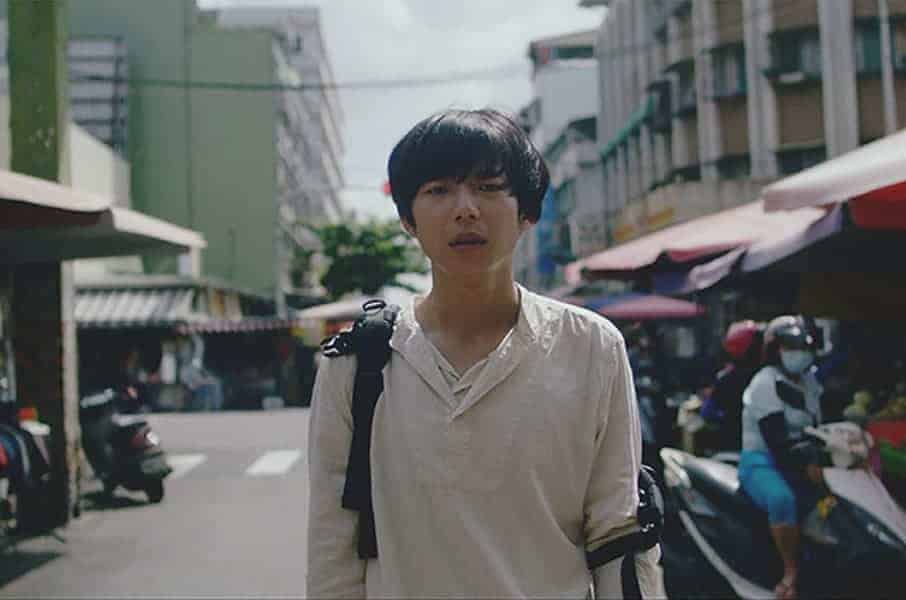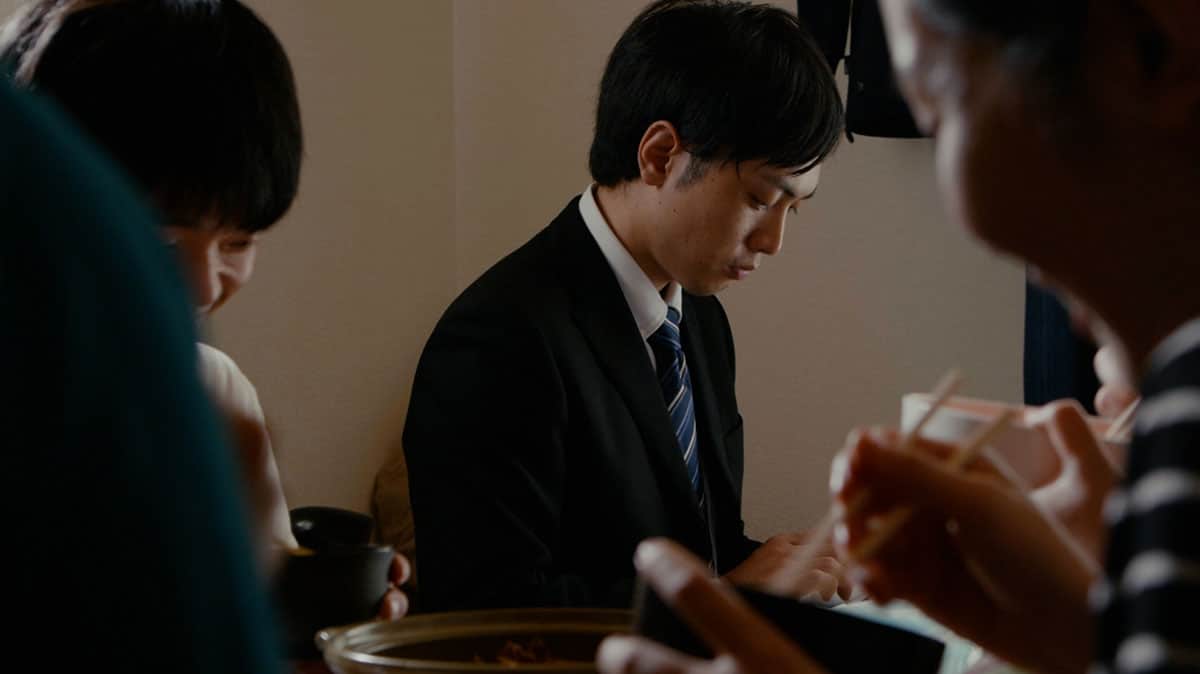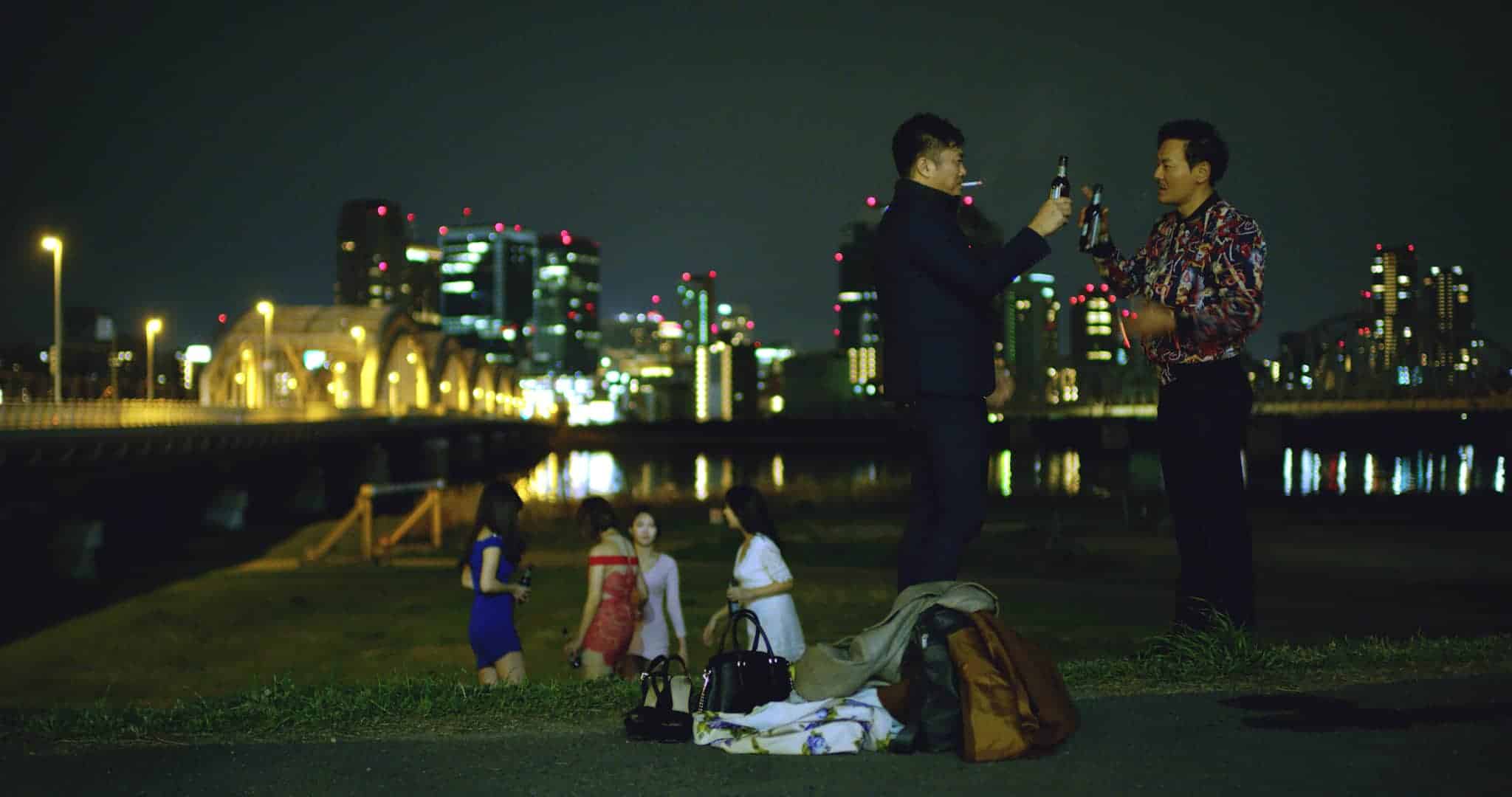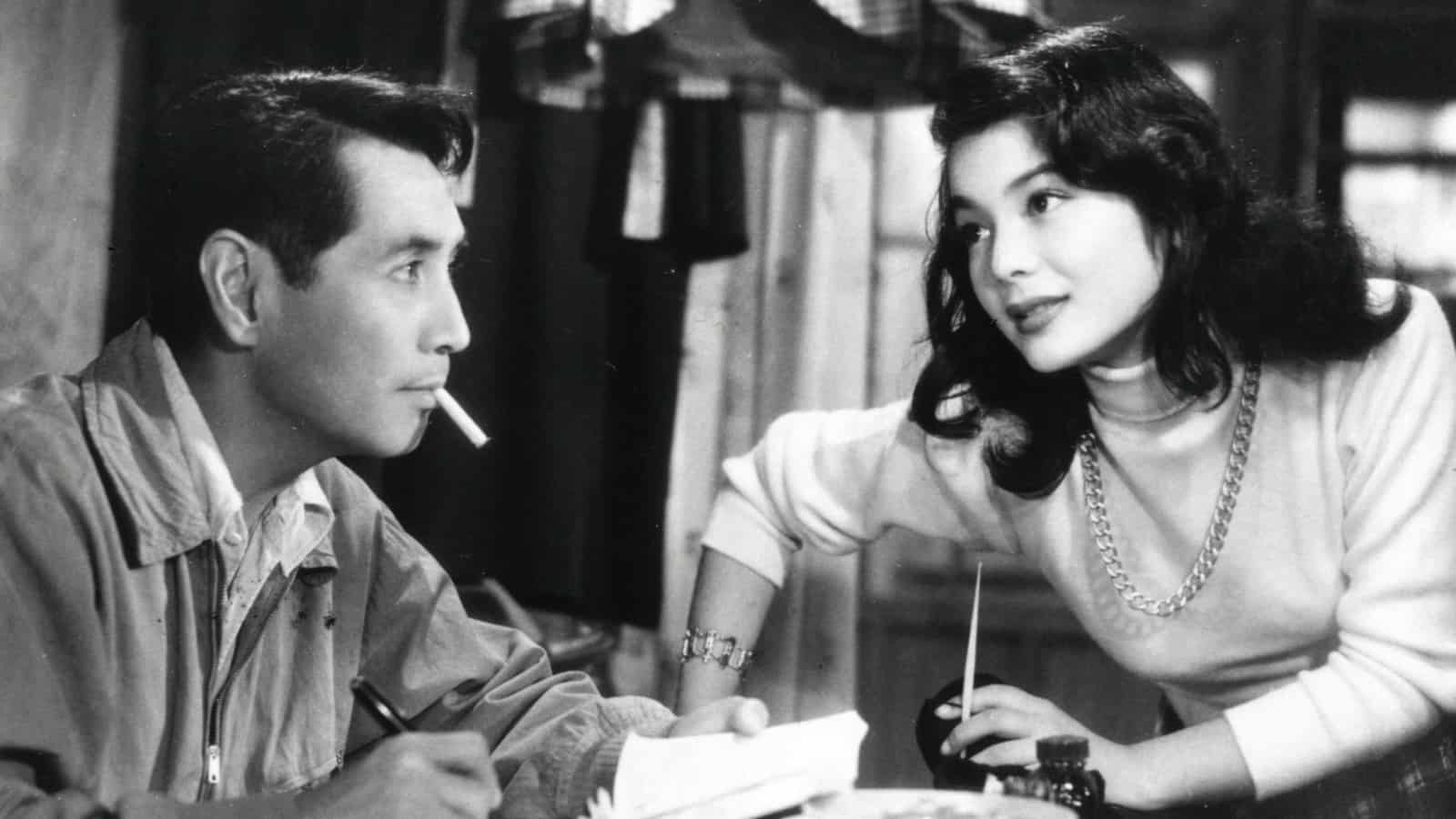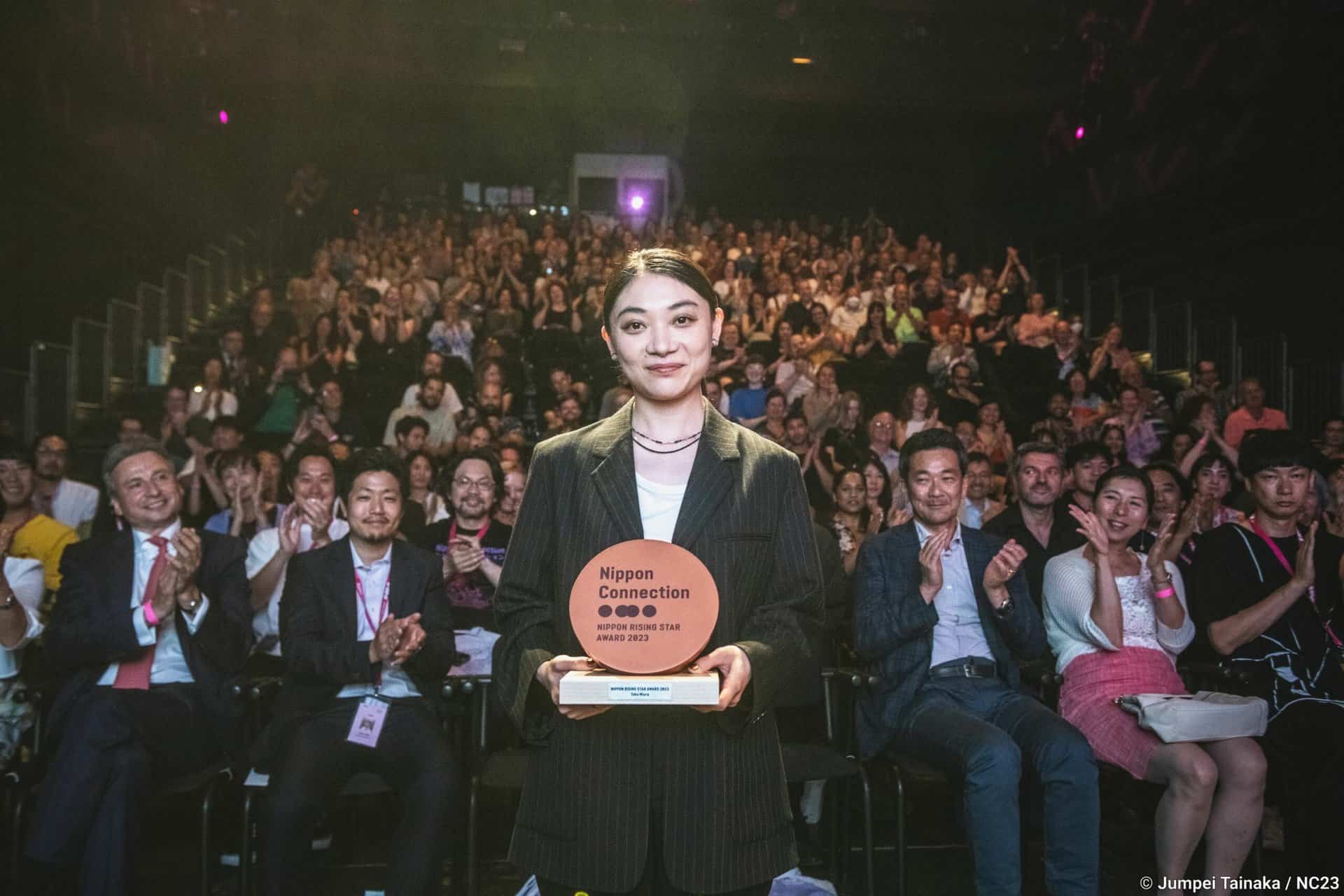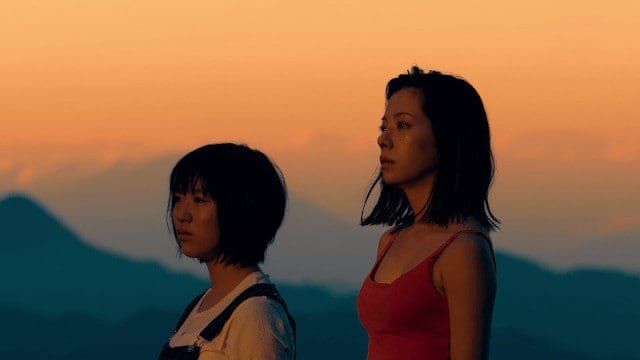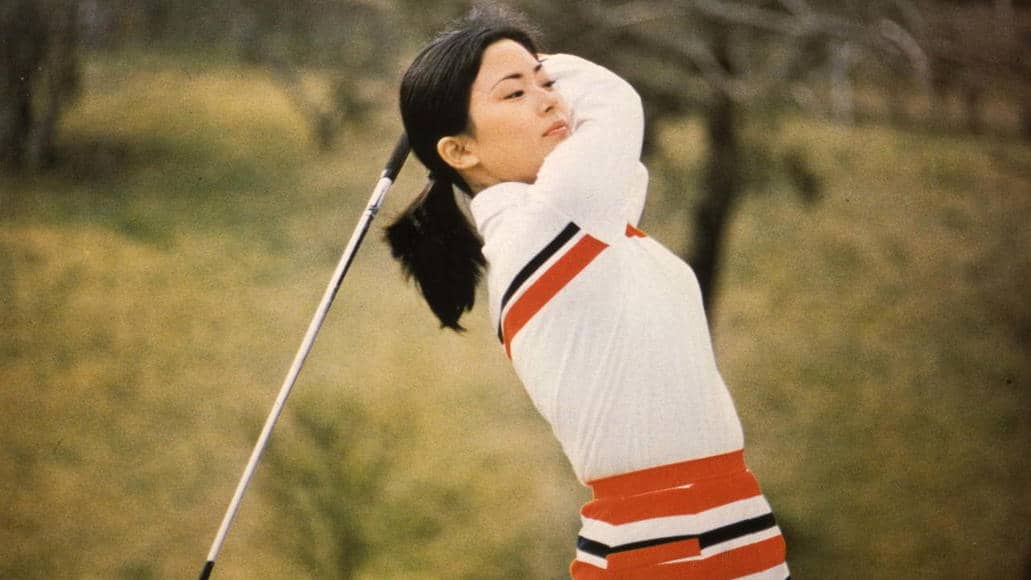The subject of dual nationality is one that has come up before in Japanese indie cinema, notably Takashi Miike's work in the late nineties, particularly his “Black Society Trilogy”. Keisuke Imamura's debut feature, “Yan” shows that this is still a source of difficulty for some Japanese with both internal and external struggles.
“Yan” screened at Nippon Connection 2020

Tsubame (Long Mizuma) is a man in his late twenties dedicated to his work. His father, following a period of business difficulties, asks that he goes to Taiwan to visit his estranged brother Ryushin (Takashi Tamanaka) and get his seal on some paperwork as he tries to set things straight. But, seemingly in his stride in life, this is something which Tsubame is reluctant to do, having not seen his brother for over two decades.
Originally born in Taiwan to his Taiwanese mother and Japanese father, Tsubame has lost touch with these roots and his arrival in Taiwan is an assault on the senses. Seeking out his brother's address, there is reluctance and hesitancy on both sides to reconnect. The reunion will be delayed. Lost and out of place, Tsubame eventually runs into Tony (Ryushin Tei) who recognises him from Ryushin's apartment and offers him a slow entrance into his brother's world. But it is up to the brothers themselves to start-up a conversation and settle old scores.
Through a series of flashbacks throughout, we see the two brothers and their mother, Shuhui (Yo Hitoto, who also starred in the Japanese-Taiwanese crossover “Cafe Lumiere”), in their days in Japan. We see a loving mother, but one who struggles with the language of her adopted country, leading to cultural conflicts with other mothers, as well as her younger son being bullied. Shuhui nicknames Tsubame ‘Yan Yan', after the migrating swallow, but it is she who returns to Taiwan. She takes Ryushin with her, leaving Tsubame behind to struggle emotionally with his abandonment at a young age.
Noriko Washizu's script features numerous characters with dual nationalities along the way. Tony runs a shop where many of its patrons are local children with parents from other countries whom he teaches, as well as an elderly half-Japanese gentleman. Language can sometimes be confused and the concept of home may not always be so obvious. Featuring many actors who have dual nationalities themselves, switching languages throughout comes naturally.
The message behind “Yan”, therefore, is an earnest one, but as filmmaking, this maybe doesn't always strike the right notes. Imamura, a cinematographer by trade with a history in commercials, certainly casts his photographer's eye over everything. Acting as cinematographer as well as director, he needs to be reined in a little. With quick editing initially, he then moves into slow pan shots with the camera trying far more than it needs to. This works to good effect on Tsubame's arrival in Taiwan, with its assault on the senses, but some more directorial experience could have perhaps told him to calm it down a little in places.
But Imamura certainly know how to use a camera, and there are some great visuals on offer. As an advert for the Taiwanese tourist board, this would certainly do its job, perhaps harking back to his career in commercials. But while good to look at, is it feature filmmaking? A relatively short length, it moves at a slow pace and doesn't pack a huge amount in. Perhaps this could have been trimmed down as a short for a directorial debut.
There is certainly some good work on offer here, however, tackling a difficult social problem. Duality is a theme running throughout, with the slow and mournful contrasted with the fast and furious. This reflects the troubled souls in the story, but also Imamura's need to keep his camera a little more focused.


